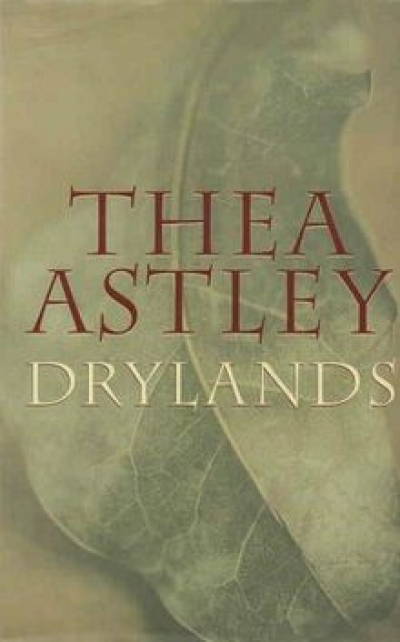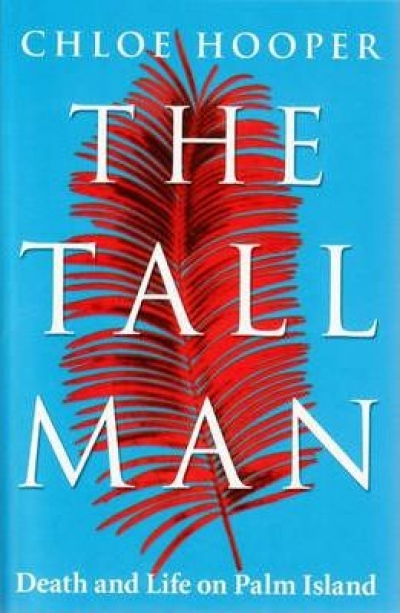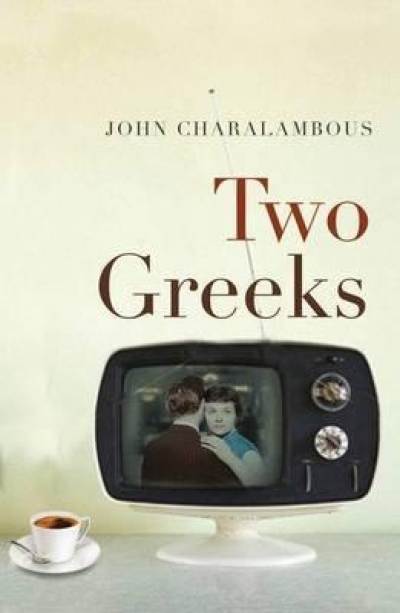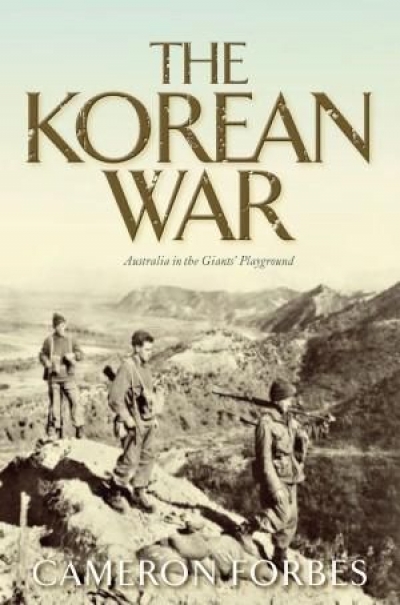Archive
The Penguin Best Stories Of D’Arcy Niland by D’Arcy Niland, selected with introduction by Ruth Park
by D. J. O’Hearn •
The Tall Man by Chloe Hooper & Gone For A Song by Jeff Waters
by David Trigger •
Foreigners: A new collection of short stories by David Martin
by Clement Semmler •
Black Kettle and Full Moon: Daily life in a vanished Australia by Geoffrey Blainey
by John Hirst •
The Wheeler Centre recently hosted ‘four provocative nights’ based on the assertion that Australian criticism of film, theatre, books and the visual arts is, in its own words, ‘failing us all’. The series was entitled ‘Critical Failure’. For ABR readers unable to attend, here is one person’s account of the books-related panel.
... (read more)The Korean War: Australia in the Giant’s Playground by Cameron Forbes
by Richard Broinowski •









